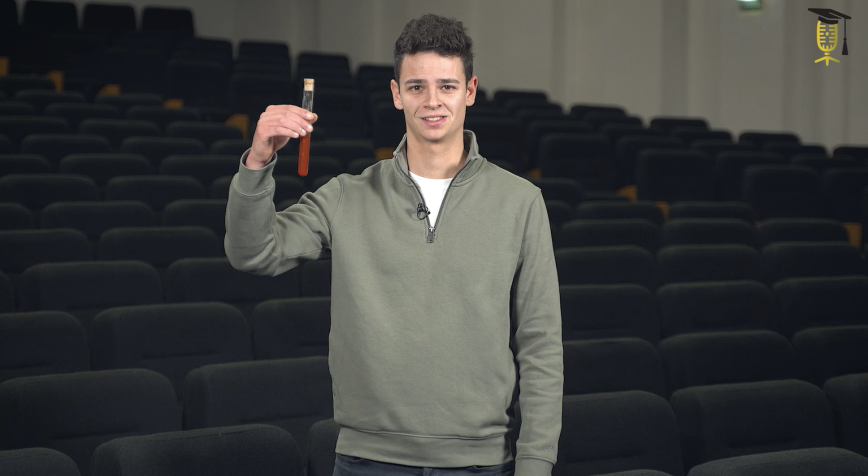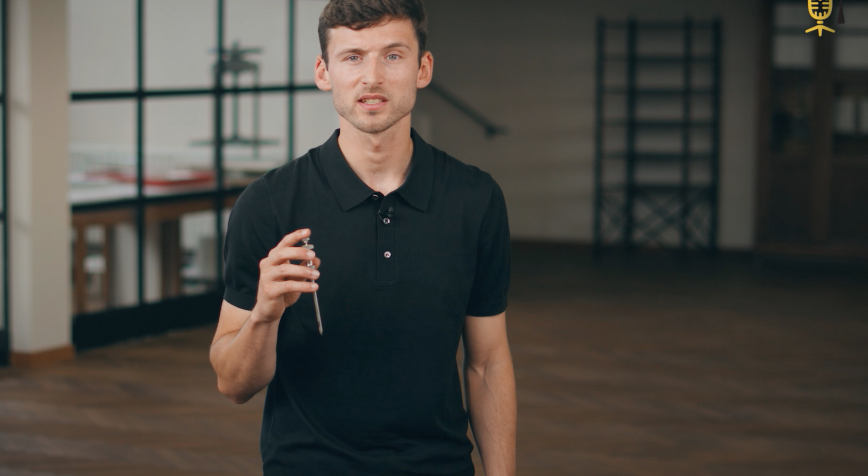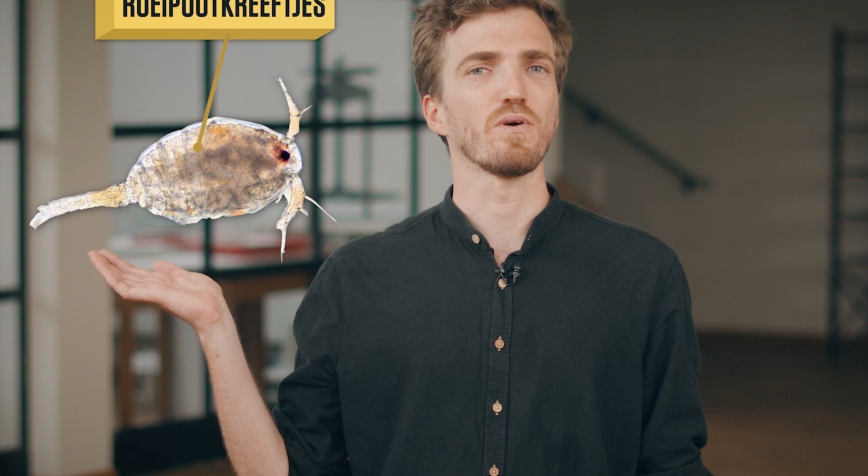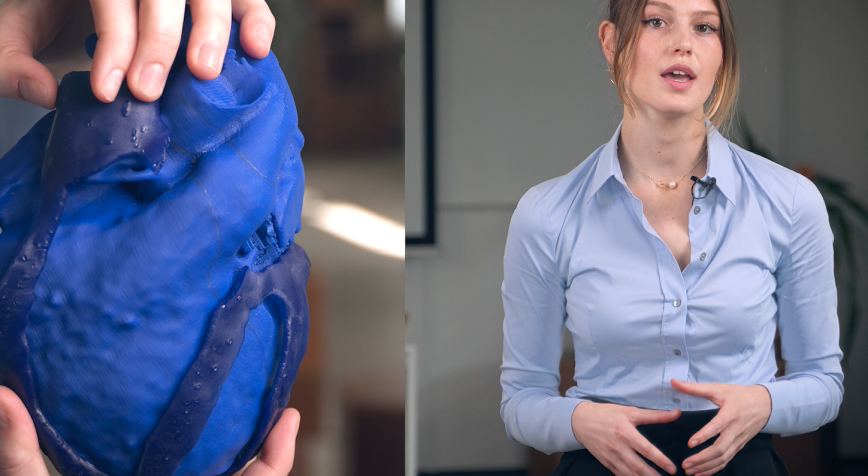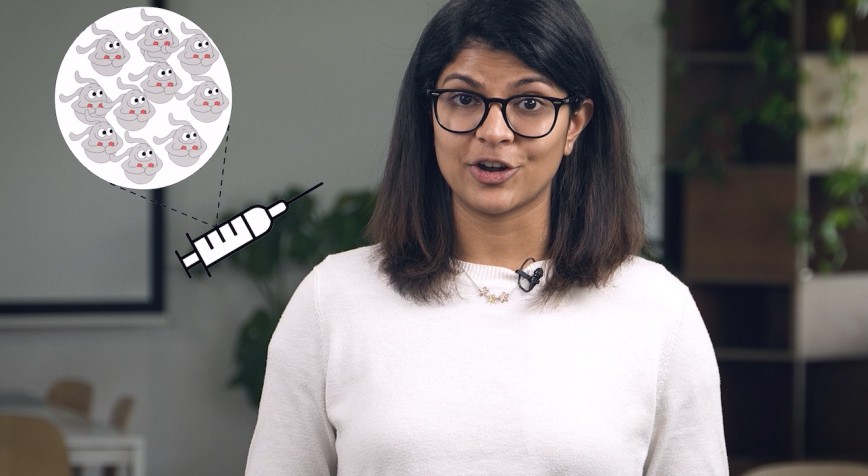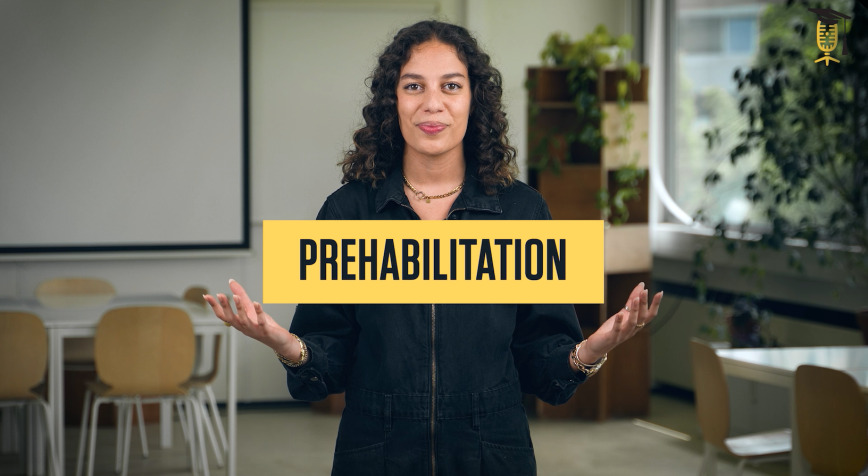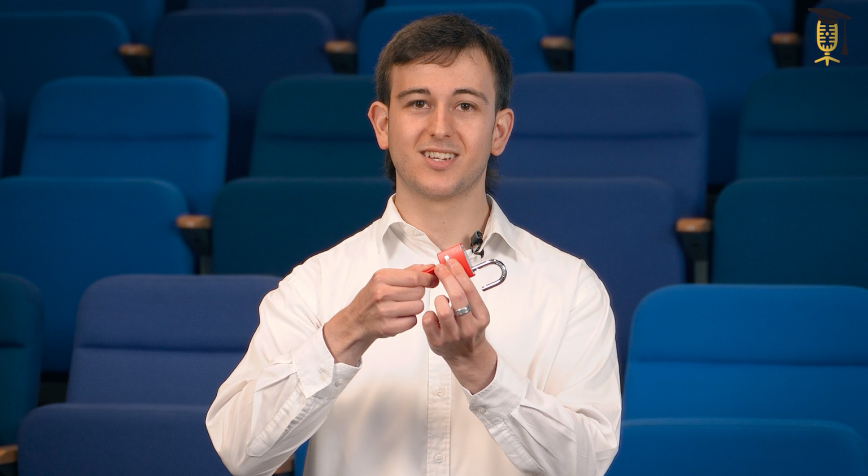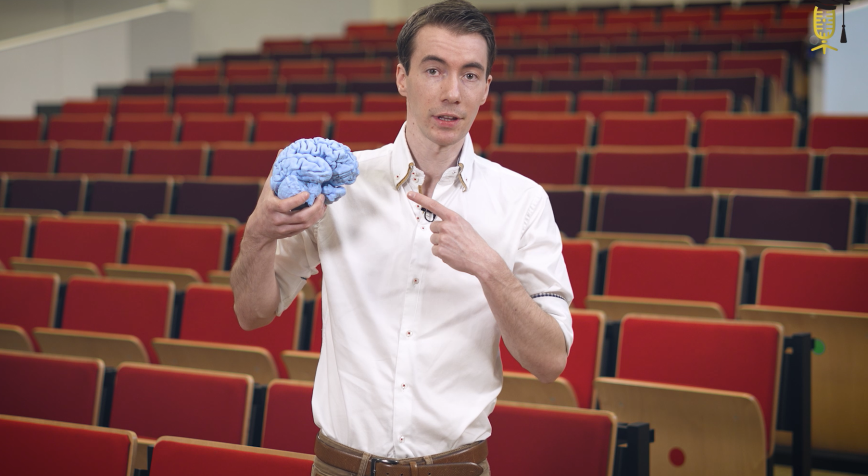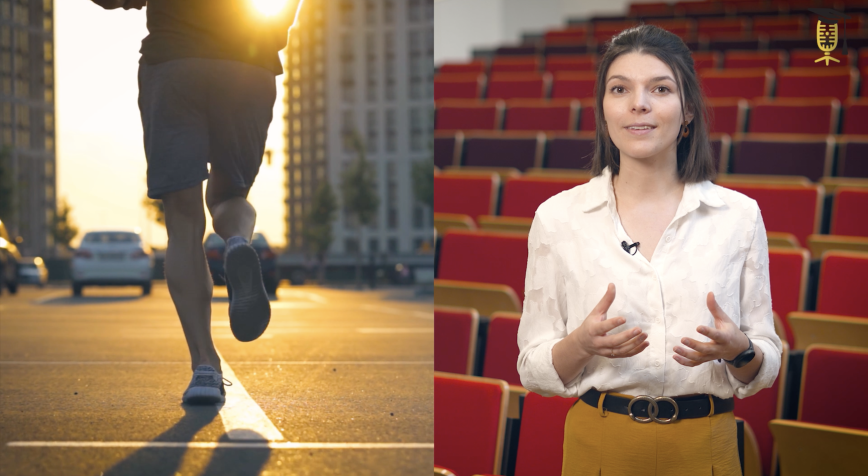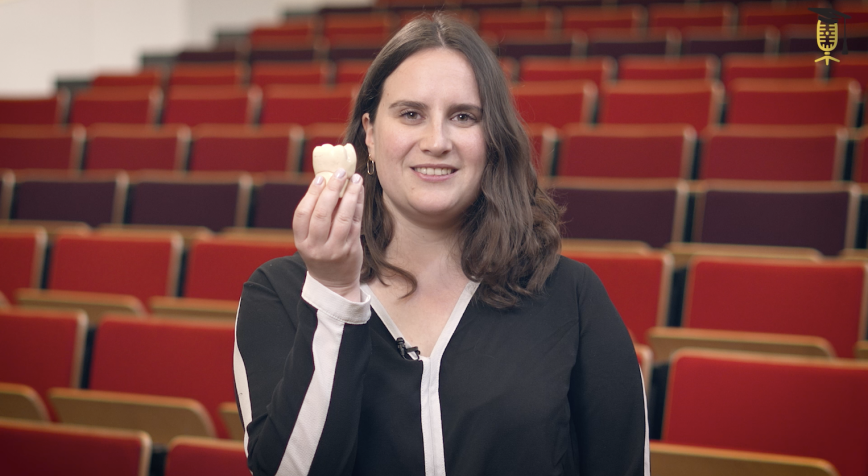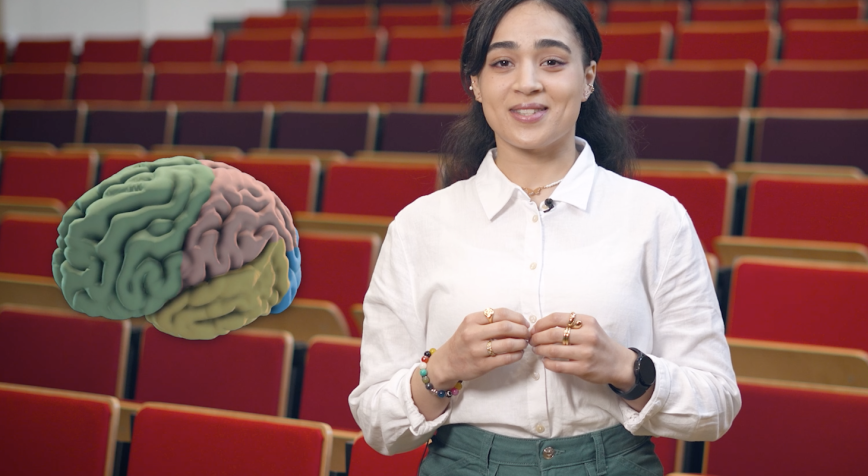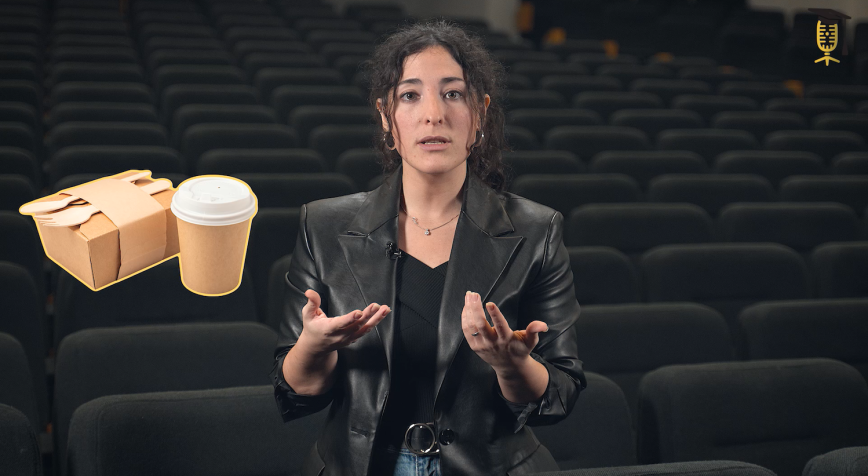
UAntwerpen
VITO
Tracking chemical pollutants in your body
Chemical pollutants such as PFAS or UV filters are omnipresent. They are used in cosmetics, toys, or food packaging materials. But we don't understand how they affect the human body because we don't have a clear picture of how they interact in the body. This is why Andrea Rodriguez Carrillo wants to follow the journey that chemicals take from the moment they enter your body.
